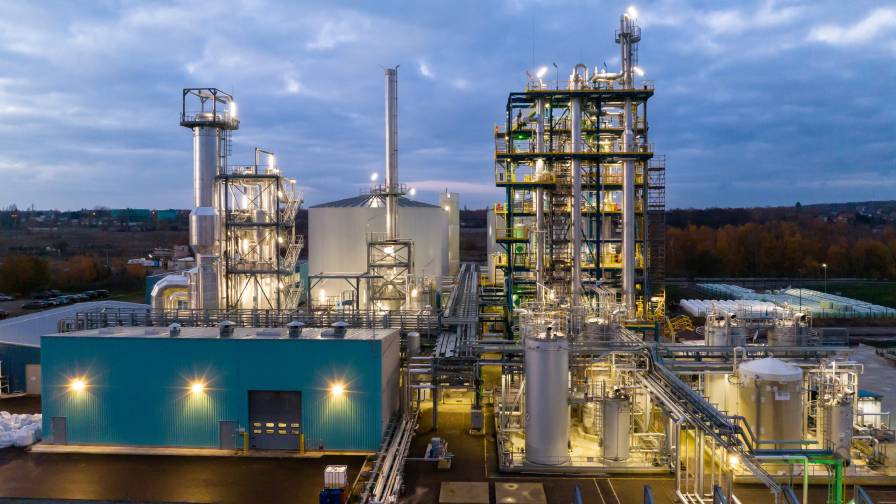Coronavirus Outbreak May Force U.S., China to Rework Trade Deal implementation
Several weeks have passed since the U.S.-China Phase One trade agreement entered into force, but already there is good news on implementation, writes Wendy Cutler at The Hill. China has taken the actions specified in the agreement according to required timeframes, and in some cases has even been ahead of schedule. Beijing has relaxed import restrictions on agricultural products ranging from potatoes to poultry to pet food, has granted approval for a U.S. electronic payments provider to operate in China after several previous delays and has issued exceptions to tariff increases on certain U.S. imports, including certain pork, beef, soybeans, and energy products.
China has accomplished this while confronting a national health emergency, the COVID-19 virus. Even with the attention of senior Chinese officials focused on dealing with the health crisis, and some government workers staying at home, China has demonstrated that it is taking implementation of this bilateral deal seriously.
The next notable milestone is mid-March, when China is to issue an Intellectual Property Protection (IPR) Action Plan, detailing its efforts to strengthen its IPR regime, along with specific dates for implementing the range of IPR commitments in the Phase One deal. Based on progress to date, this is expected to be done on time and in good order.
But the good news might stop there. While the “rules” provisions of the agreement are being faithfully implemented, China undoubtedly will find it difficult to meet its purchasing commitments of $200 billion dollars above its 2017 levels over the next two years of U.S. manufacturing, agriculture, energy and services exports.





